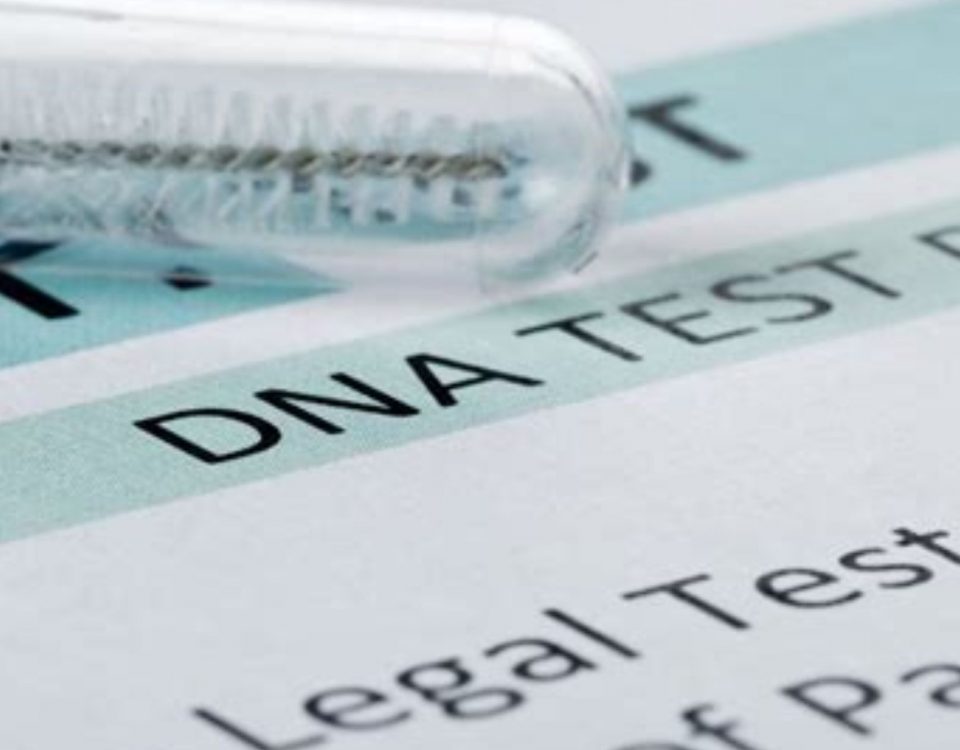Ancestry tests’ different results and privacy issues

The 3 major DNA tests
November 10, 2021
Role of Short Tandem Repeat (STR) in the paternity test
November 30, 2021Each company offers ancestry tests services by using its own proprietary database of DNA samples known as ancestry informative markers (AIMs) from current populations in the Americas, Europe, Asia, and Africa. From these particular databases, a DNA testing company selects a certain number of alleles (one member of a pair of genes present at a specific position on a specific chromosome). Then, companies use the genetic variations known as single nucleotide polymorphisms (SNPs) as the basis for evaluating individuals. The markers or SNPs are chosen because they have different frequencies across different geographical populations.

Privacy issues with DNA testing companies
You should know that ancestry tests companies largely make their money not from doing the tests, but from selling the genetic information to other companies which are interested in making their genetic databases larger. Pharmaceutical companies always try to know how variations in certain sections of the human genome can be useful in drug development, which is the main reason that these companies also invest in genetic information. You will be surprised that only about 10 percent of the companies that do ancestry DNA tests destroy your original sample.

Now, people show lots of concern, even though your name is not listed on the database; when the data is sold to somebody, the records can be de-anonymized. The privacy policies of DNA testing companies typically indicate that they bear no responsibility for your privacy once the company is sold means anything you signed is not reliable anymore. Many companies’ privacy policies state that they can be changed at any time without notifying previous signers.
So, it is important that you keep in contact with the company and keep yourself up-to-date on its policy. But, the main question is: how many people do that?


